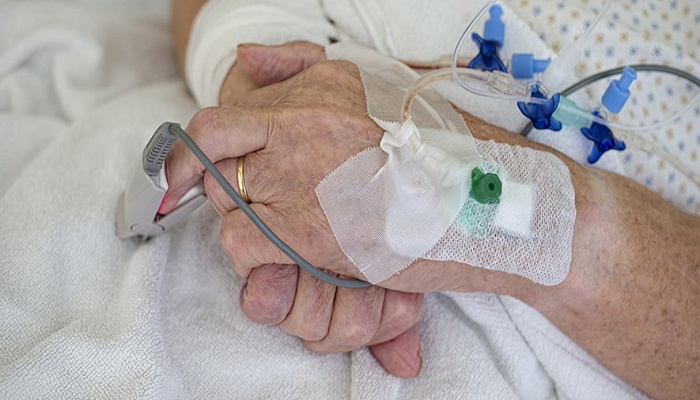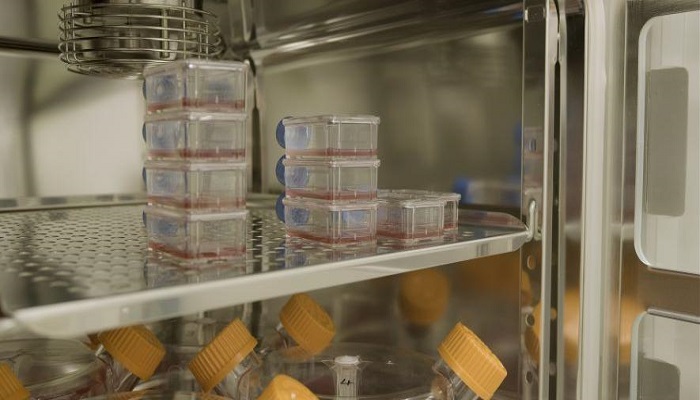A new chapter in the history of evolution
Two-million-year-old DNA has been identified for the first time opening a new chapter in the history of evolution. Microscopic fragments of environmental DNA were found in Ice Age sediment in northern Greenland. The fragments are one million years older than the previous record for DNA sampled from a Siberian mammoth bone. The ancient DNA has […]
A new chapter in the history of evolution Read More »





